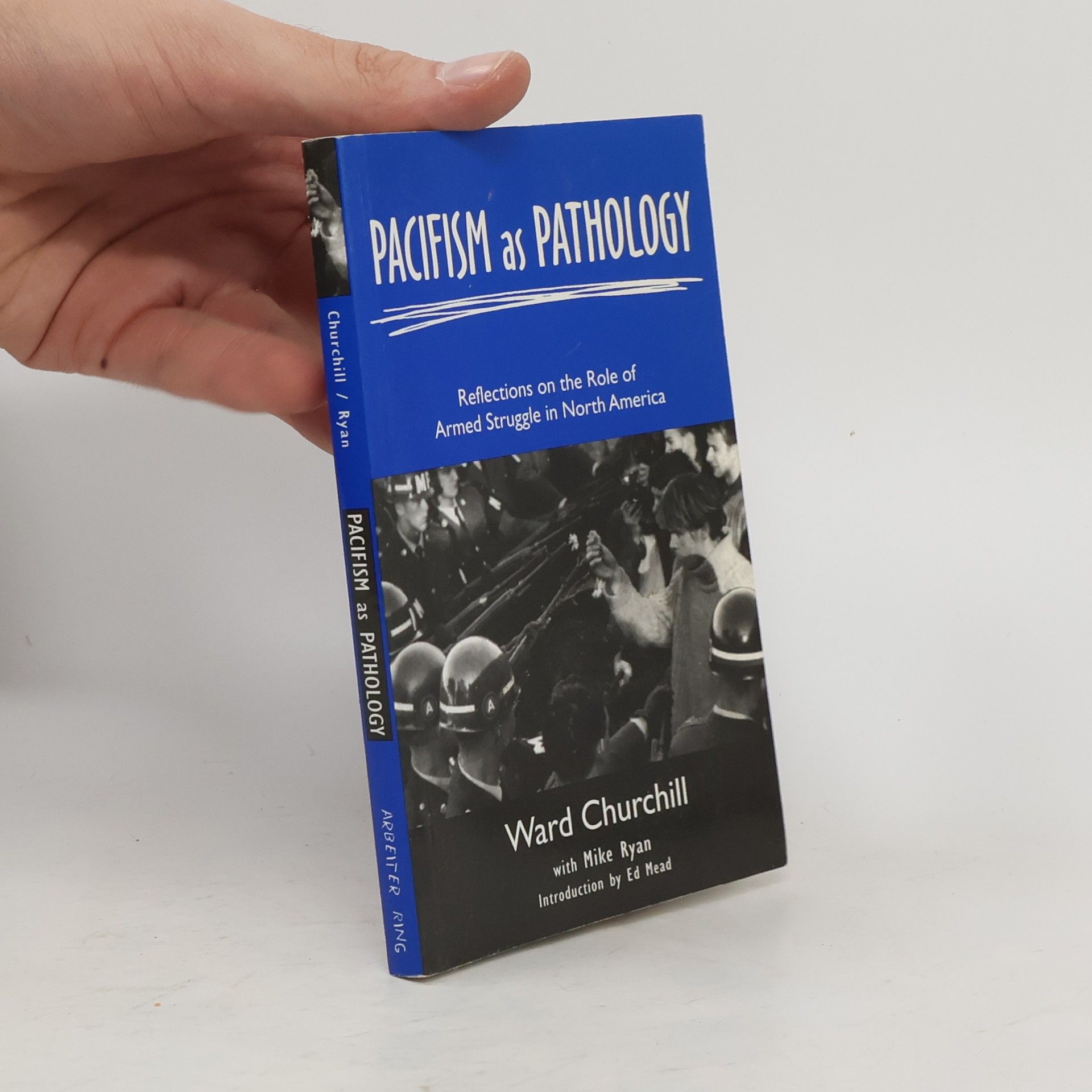Struggle for the Land: Native North American Resistance to Genocide, Ecocide, and Colonization
- 460pages
- 17 heures de lecture
Focusing on the history of indigenous resistance in North America, this landmark work delves into the ongoing struggle for land rights among Native communities. It highlights key events, figures, and movements that have shaped the fight for sovereignty and justice, providing a comprehensive overview of the challenges faced by indigenous peoples. Through detailed analysis, the book emphasizes the resilience and determination of these communities in their quest to reclaim their heritage and rights.

